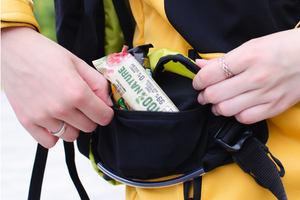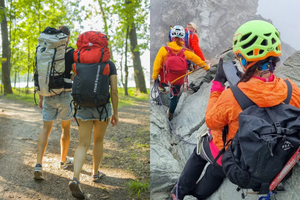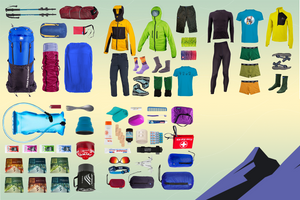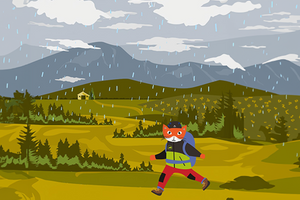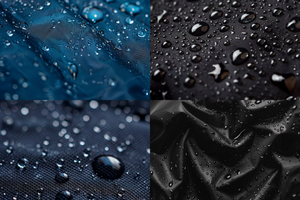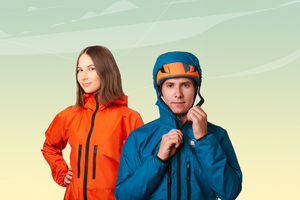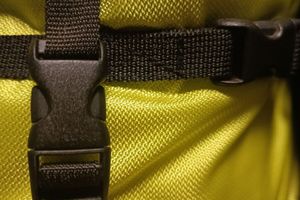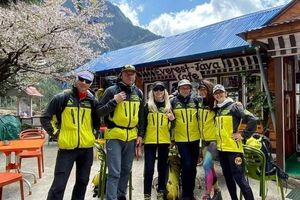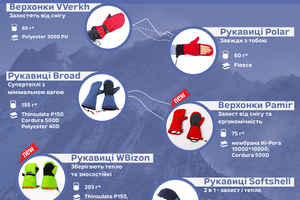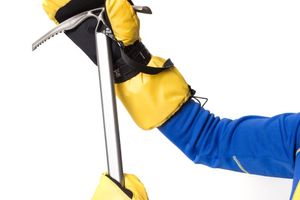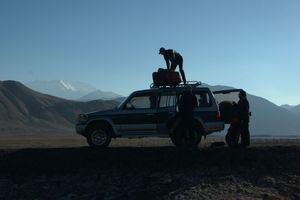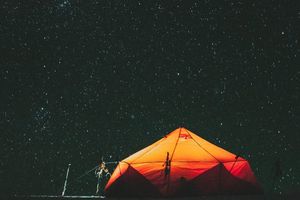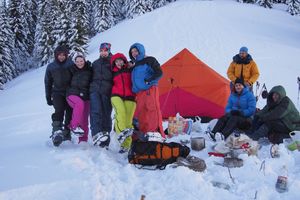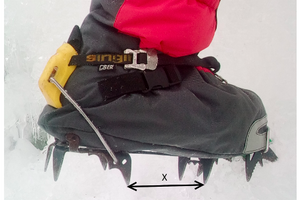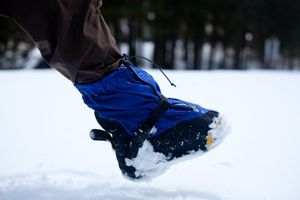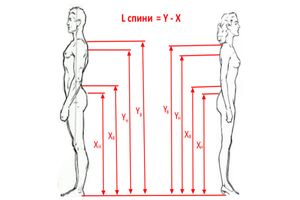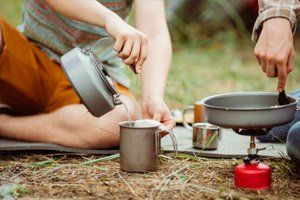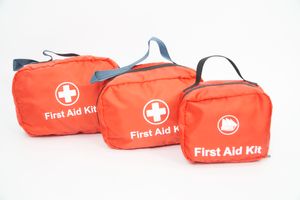How to Sleep Well in a Tent?
Proper rest and recovery are essential on any hike. Without a good night's sleep, not only does the enjoyment of the trip decrease, but safety is also compromised. To restore attention, concentration, and physical strength, you need to sleep well.
But sometimes it happens - I lie in the tent, toss and turn, and can't fall asleep. Or it seems like I slept for 8 hours, but in the morning it feels like I've been climbing rocks all night. What should I do?
Here are some tips for a comfortable night's sleep on a hike:
1. The most important gear for an overnight stay is the sleeping bag. It should have an appropriate comfort temperature. It should also be the right size - too big and it will be cold, too small and it will be tight and uncomfortable.
It's important to pack the sleeping bag correctly. The main thing is to keep it dry, especially if it's down-filled. Dry bags can be very useful here. If you don't have one, an old-fashioned plastic bag inside the compression sack will protect your sleeping bag from rain, dew, and spilled soda inside the backpack.
After sleeping, it's a good idea to open and air out the sleeping bag. When packing the sleeping bag into its sack, do it chaotically, not rolling it up. Otherwise, the filling will compress in the same places over time, creating colder spots.
2. A useful accessory for sleeping is a sleeping bag liner. This is a thin sack made of soft fabric that fits inside the sleeping bag. A liner adds extra warmth and comfort and helps keep the sleeping bag cleaner for longer. However, a liner is extra weight, so everyone has to decide between comfort and lightness.
3. The sleeping pad should be chosen according to the season. Modern inflatable and self-inflating pads are more comfortable and warmer. They also have less weight and volume compared to foam pads. However, foam pads are cheaper and don't risk getting punctured.
It's also important to dress correctly for sleep. Have a separate set of thermal or regular T-shirt and pants for sleeping. Also, don't forget to protect areas that lose heat the fastest: head and feet. A buff headband and soft fleece socks will be helpful here.
If you're traveling solo and want to save on tent weight and volume, try a bivy sack. This is a membrane cover that goes over the sleeping bag. It protects the sleeping bag from precipitation and wicks condensation out.

























